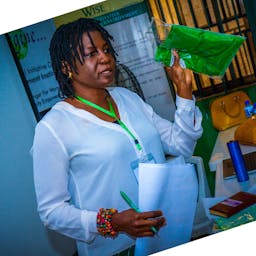Optimism for the Likes of Rabi and Their Local Community
Jan 21, 2015
Story
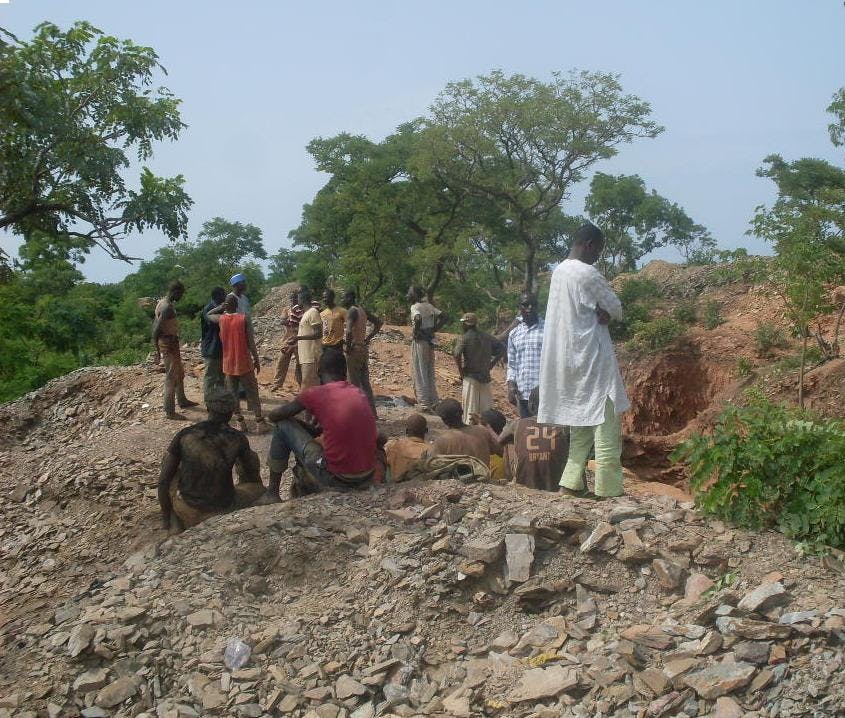
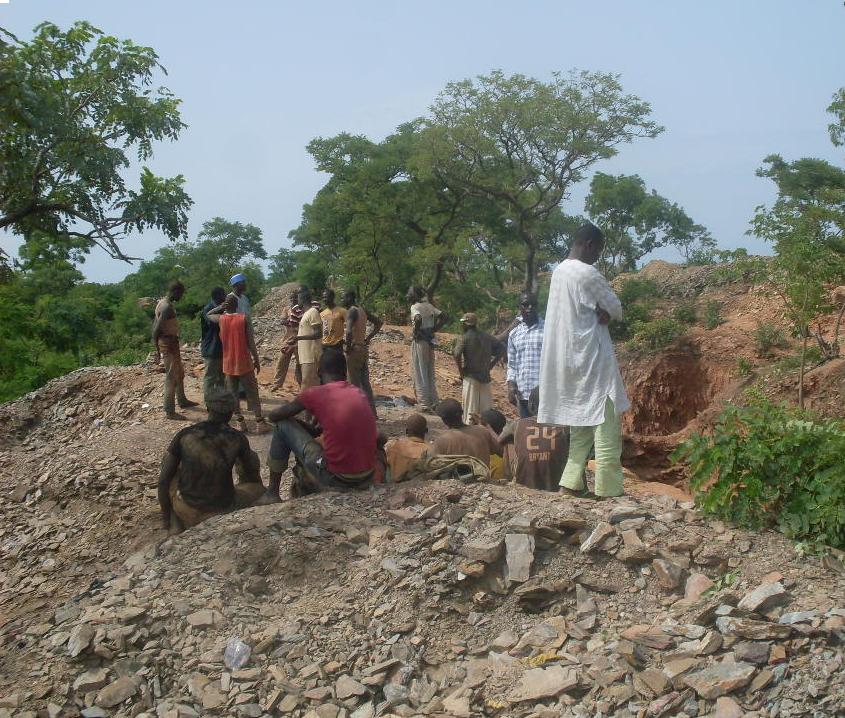
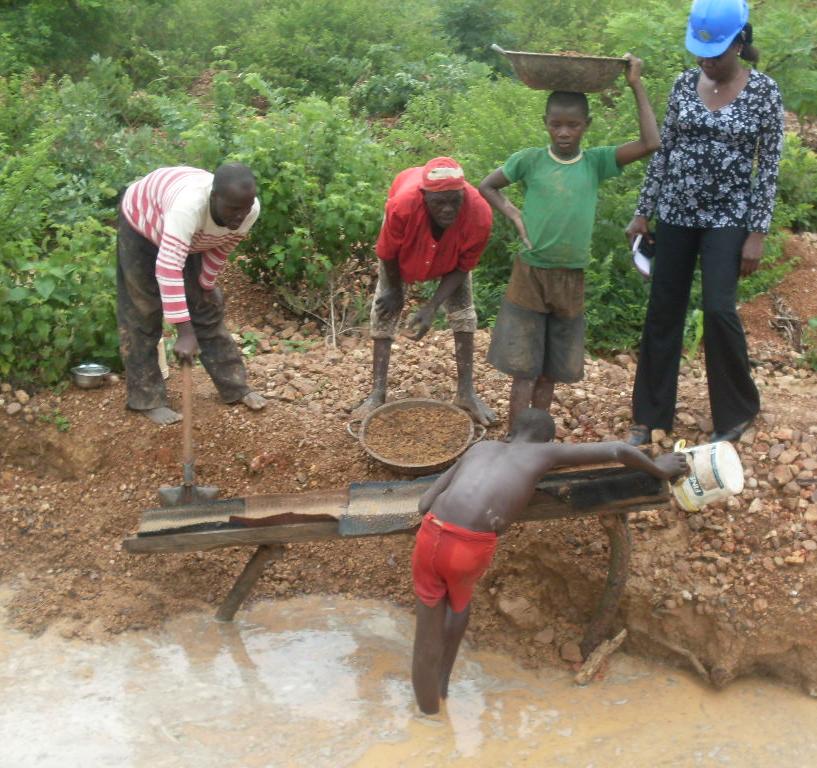
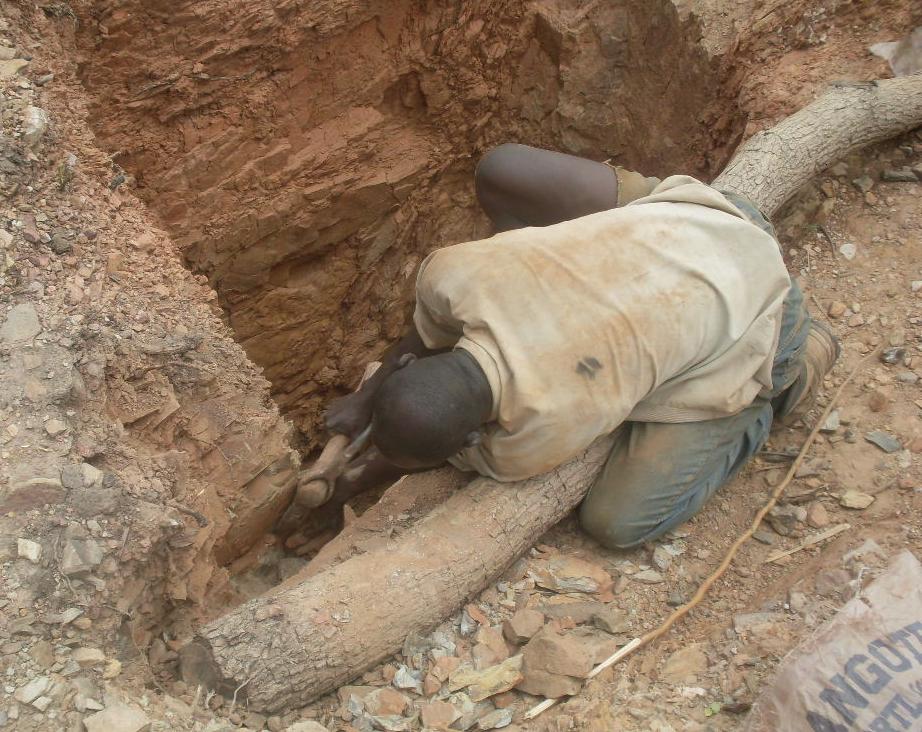
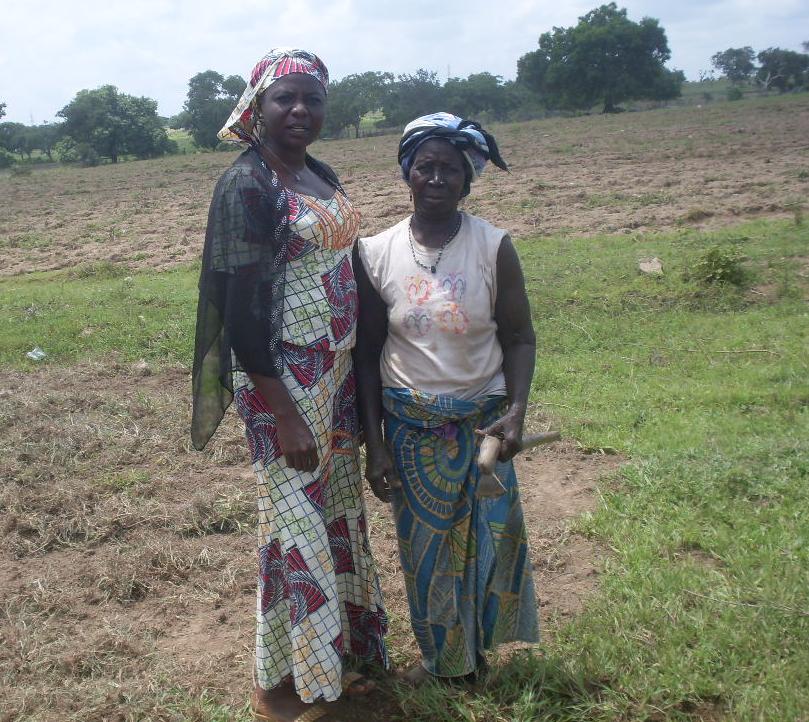
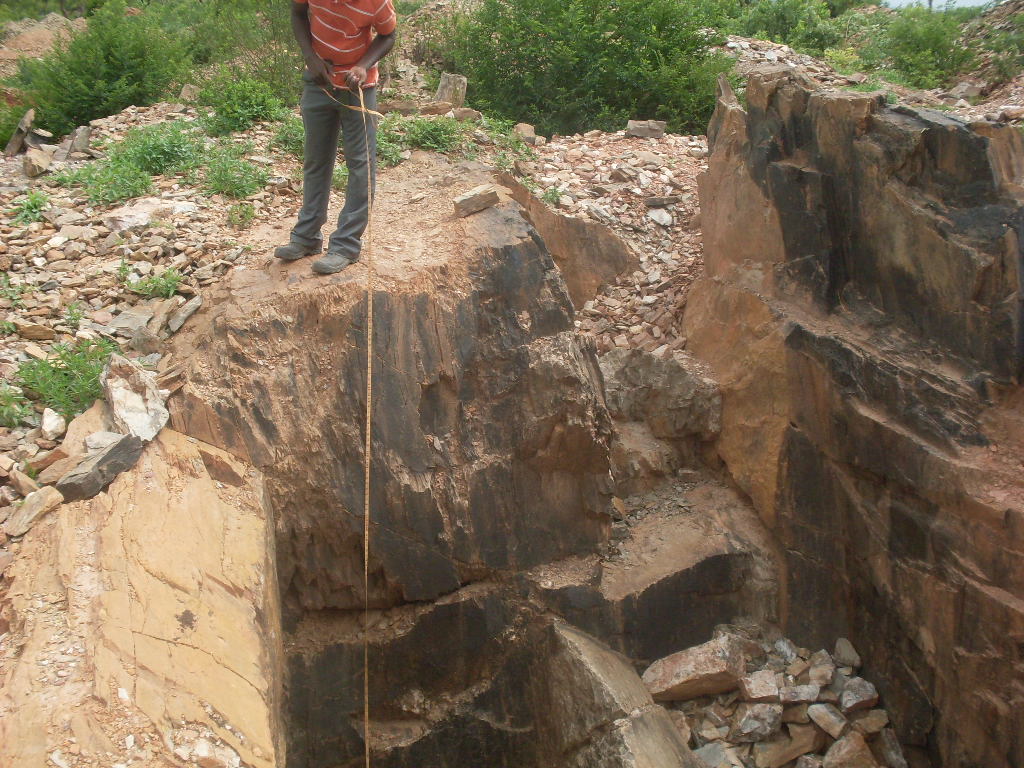
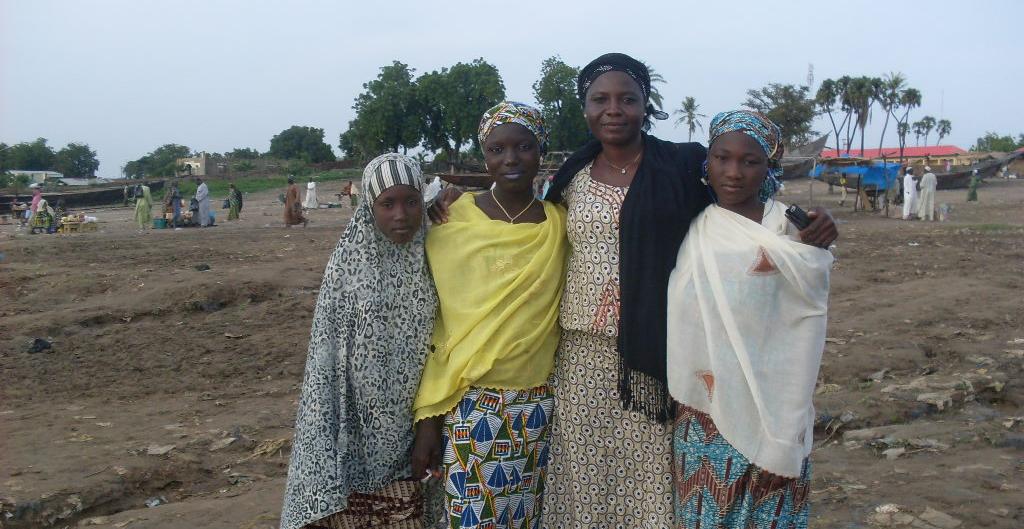
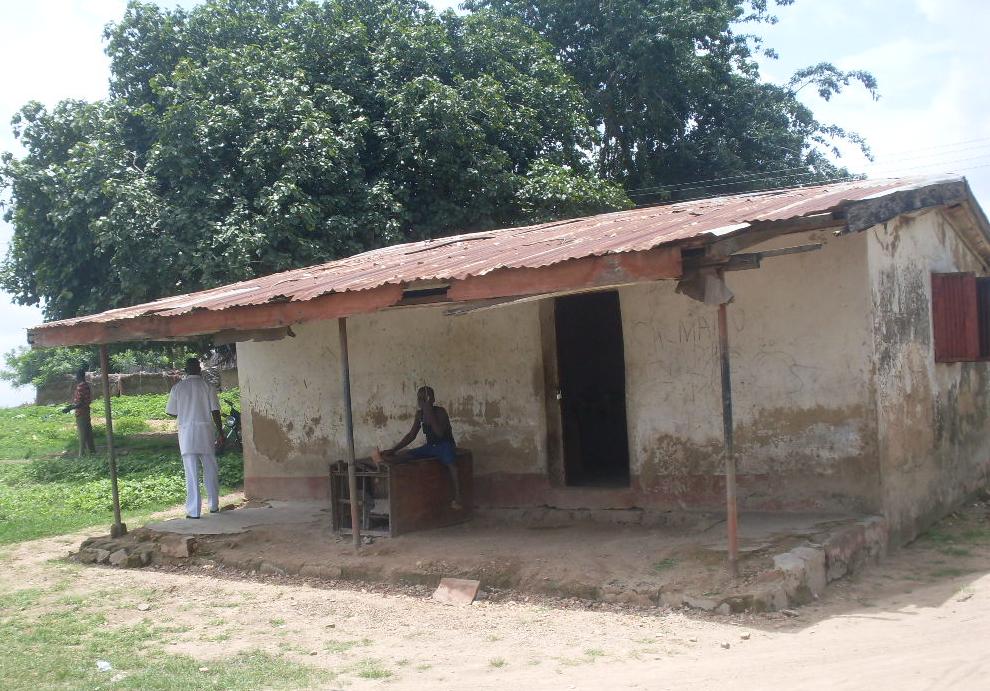
Nigeria has recorded very devastating environmental and human impacts of artisanal mining activities. Extremely notable is the Zamfara lead poisoning that took a toll on human lives especially children. At least 400 children have died from lead poisoning since March 2010 but the World Health Organization says the full scale of the problem is "still to be determined". Women are the ones who end up bearing an enormous share of the costs to people and the environment and need to be supported to understand and take precautions to reduce harmful impacts.
As women, we have a part in and the means of addressing scores of problems associated with equality, poverty, environmental sustainability, but are contained by so many discriminatory practices which work against us. I recall leading a team in July 2012, to conduct an Environmental Impact Study at a mining site in Birnin Yauri, Kebbi State. It was my first time in that part of Nigeria and typically, the needs and priorities of women in the community were of particular interest to me.
The focus group discussion held with the artisanal miners had an all male presence and I couldn’t but ask if there were no female artisanal miners in the community. The question was greeted with a chorused response of “Rabi”. It appeared all the men had something to say about Rabi! .....Rabi is the only female miner in this community and is even more successful than most of us; as she started mining as a young girl. She is still single, should be in her late twenties. Rabi used to own a motorcycle but recently she bought a car. She dared where men dared!
Perceptibly, the men had a lot of respect for Rabi as they eulogized her audacity to defy all the odds associated with artisanal mining in order to keep herself and her parents out of poverty. Though we didn’t get an opportunity to meet nor speak with her the tales about Rabi appeared unending. We had hoped that upon our next visit, we would find Rabi; but the opportunity was stalled when the contracting Company terminated the project prematurely.
Many questions still excite my mind about what made Rabi thick in the midst of her male counterparts, the dangers of mining, the plight of her fellow women, as well as the widespread socio-economic and religious constraints that characterized the community. The world needs to know about all these and the state of the grossly degraded and underdeveloped Birnin Yauri district; which bears no semblance a community richly endowed with precious minerals.
As an advocacy step, I entered some pictures about the deplorable state of primary health care in Birnin Yauri for the 2012 Online-Photoshare-Contest. Drawing global attention to Birnin Yauri was my principal motive. I still hope to hear directly from Rabi and her likes and use web 2.0 and new media tools to share their stories and also encourage them to find ways of doing the same to help themselves and their communities.
